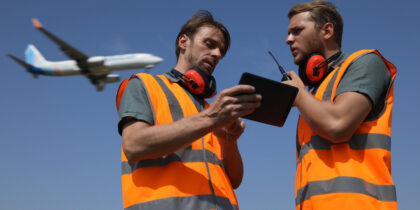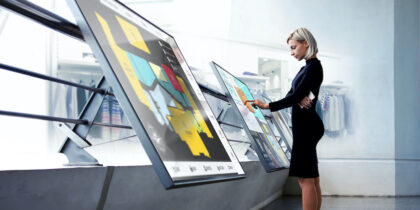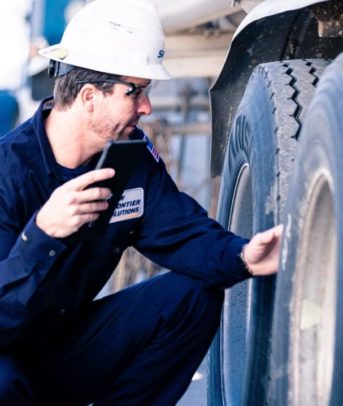A new connected car device promises to make rear brake lights more effective, giving drivers precious extra time to react to a braking car. Alpine 4 Technologies Ltd., which develops products for the national automobile dealership market, recently launched BrakeActive, a dealer-installed safety device designed to improve the visibility of a vehicle’s third brake light to reduce or even prevent rear-end collisions. According to the press release citing data from the National Highway Safety Administration, most rear-end collisions could be reduced by 90 percent if trailing vehicles had one additional second in which to react.
BrakeActive, which is being offered through auto dealers, is an add-on device that causes the third brake light to rapidly pulse when the brake pedal is depressed. The system ensures the third brake light remains burning steadily even while it pulses to avoid any confusion with an emergency vehicle. The company says BrakeActive will work on any vehicle that has a third brake light.
The BrakeActive technology joins Alpine 4’s subsidiary ALTIA’s line of products for auto dealer after-market sales. One of those is the 6th Sense Auto suite of connected car products, which also offers engine diagnostics, vehicle locators, service reminders, geofencing and other services to monitor, protect and maintain vehicles.
Vehicle Safety Trickles Down
Premium vehicles typically bring high-tech connected cars to market first. In fact, high-end car brands account for 70 percent of connected car service revenue, but it could fall to 50 percent by 2022, according to PwC’s strategy consulting group, Strategy&. While not everyone drives a newer vehicle with an array of safety devices like radar-assisted cruise control, lane departure warnings and active braking assistance, the BrakeActive device is one small, affordable step that owners of existing vehicles can take to make driving safer.
Alpine 4 Technologies is one of the nontraditional tech companies that are not only offering connected car technology and services, but also gaining traction in the underlying operating systems that make cars run.
Automation is improving airline safety.
New developments in airline technology could mean big changes for the aviation world. Download Now
Insurance Industry Disruption
Over the past few years, automotive technology advances like electronic stability control, side airbags and structural upgrades have led to safer cars. According to Bloomberg Businessweek, a 2014 study of insurance claims data by the Highway Loss Data Institute reported that claims losses for bodily injuries decreased by 40 percent and medical payments dropped 27 percent.
As car and trucks become more automated, accidents will likely plunge and vehicles will need less coverage. Insurance industry analysts report that consumer car insurance premiums could drop as much as 60 percent over the next 15 years, as the number of self-driving and connected cars on the roads continues to rise.
As more drivers make use of connected cars, automakers, insurers and the driving public will have to adapt to the fact that safer cars will have far-reaching impacts on the future of transportation.
Discover more technology advancements in the transportation field that are set to dramatically impact this rapidly changing industry.








